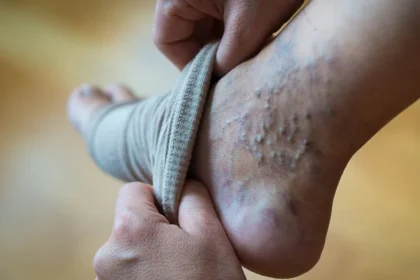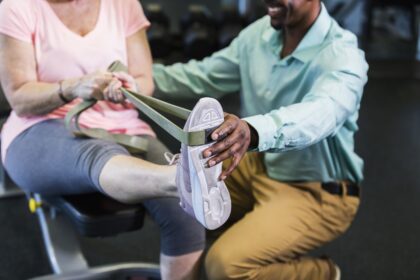Joint pain can significantly impact daily life, making even routine tasks feel challenging. While medications and clinical treatments offer relief, many individuals can benefit from a holistic approach that addresses lifestyle, movement, and overall well-being. From nutrition to stress management, exploring integrative strategies for joint discomfort can lead to more sustainable comfort and improved well-being.
Anti-Inflammatory Nutrition
Your diet plays a fundamental role in managing joint discomfort and reducing inflammation throughout your body. Anti-inflammatory foods help decrease the inflammatory markers that contribute to joint pain and stiffness. Incorporating omega-3-rich foods often helps reduce inflammation naturally.
Colorful fruits and vegetables provide antioxidants that protect joint tissues from damage. Berries, leafy greens, and bright orange vegetables contain compounds that fight inflammation and support joint health. Spices like turmeric and ginger offer powerful anti-inflammatory properties that can help reduce joint pain.
Avoiding processed foods and excess sugar is equally key for joint health. These foods promote inflammation and worsen joint stiffness over time. Staying properly hydrated also supports joint lubrication and helps maintain healthy cartilage.
Stay Active
Regular physical activity strengthens the muscles around your joints while maintaining flexibility and range of motion. Low-impact exercises provide cardiovascular benefits without placing excessive stress on painful joints. Water-based exercises are also beneficial because water supports your body weight while providing gentle resistance.
Strength training with light weights or resistance bands helps build muscle mass that supports and protects your joints. Focus on exercises that target the muscles surrounding your most problematic joints. Flexibility exercises and stretching routines help maintain joint mobility and prevent stiffness. Movement throughout the day prevents joints from becoming stiff and painful. Taking short walks, doing gentle stretches, or performing simple range-of-motion exercises keeps your joints mobile and reduces discomfort.
Incorporate Mind-Body Practices
Stress and tension contribute significantly to joint pain and muscle stiffness. Mind-body practices, such as meditation, deep breathing, and progressive muscle relaxation, help reduce stress hormones that contribute to inflammation. Regular stress management improves pain tolerance and promotes better sleep quality.
Yoga combines gentle movement, stretching, and mindfulness to address both physical and emotional aspects of joint discomfort. The flowing movements help maintain flexibility while the meditative aspects reduce stress and promote relaxation. Tai chi offers another excellent mind-body practice for joint health. This ancient Chinese practice uses slow, flowing movements that improve balance, flexibility, and strength while reducing stress.
Natural Remedies and Daily Habits
Several natural remedies provide extra support for managing joint pain and inflammation. Heat and cold therapy offer immediate relief for different types of joint discomfort. Heat therapy relaxes muscles and increases blood flow, while cold therapy reduces inflammation and numbs pain.
Maintaining a healthy weight reduces stress on weight-bearing joints, such as the knees, hips, and ankles. Even modest weight loss can significantly decrease joint discomfort and improve mobility. Quality sleep is also fundamental for joint health as your body repairs tissues and manages inflammation during rest. Creating an ergonomic environment at work and at home helps prevent further joint stress. Proper posture, supportive seating, and an appropriate work station setup reduce strain on your joints throughout the day.
Schedule a Joint Pain Appointment Today
Managing joint pain holistically requires a comprehensive approach that addresses nutrition, movement, stress management, and daily habits. These natural strategies work together to reduce inflammation, improve joint function, and enhance your overall well-being. Severe or persistent joint pain requires professional evaluation to rule out serious underlying conditions. For ongoing joint stiffness, swelling, or pain that interferes with daily activities, schedule an appointment with a qualified healthcare provider to develop a personalized treatment plan.









